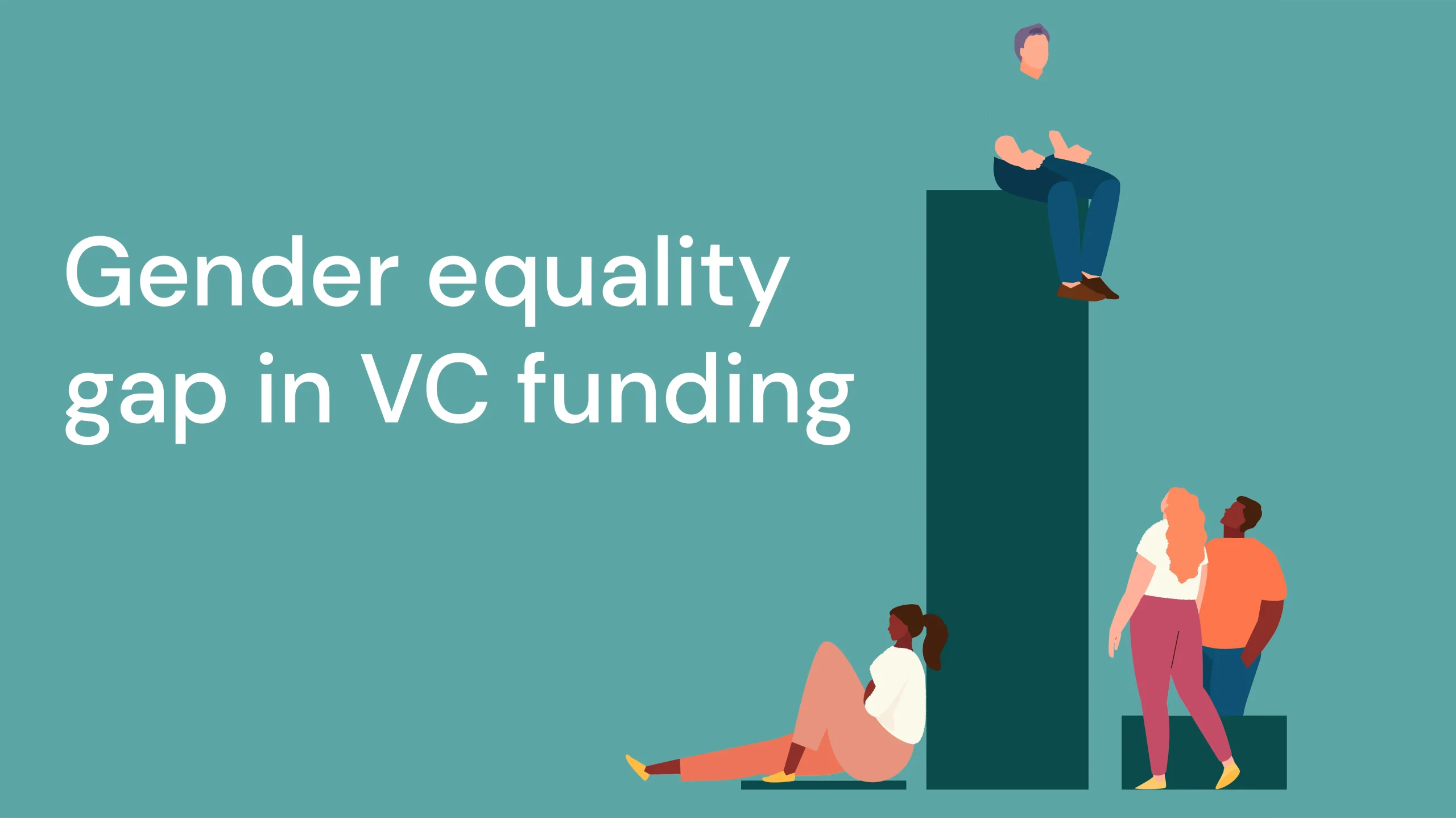Written by
Eric Christian King Skovsgaard |
Managing Director, Tality Invest
Men receive the majority of venture capital funding, resulting in a significant gender disparity, with Norway experiencing the widest gender gap among the Nordic countries.
A thriving innovation ecosystem relies heavily on a well-functioning venture capital industry, which plays a crucial role in driving the growth of startups. In 2022, a staggering $483 billion was invested worldwide, highlighting the significant impact of venture capital on resource allocation, wealth creation, and power distribution.
Unfortunately, despite the growing focus on empowering female entrepreneurs and the rise in the number of businesses owned by women, persistent misconceptions prevail regarding the accessibility of funding for diverse founders. Contrary to common assumptions, the venture capital ecosystem has not undergone substantial changes to promote gender equality and diversity.

Female-founded startups in Europe received a mere 0.9% of the total venture capital invested in 2022, marking the lowest figure since 2015. This disheartening trend becomes even more pronounced in the Nordic region, known for its high gender equality rankings, where only 0.7% of total capital was invested in businesses led by women. Sweden, Denmark, and Norway reported even more discouraging numbers, with 1%, 0.1%, and >0.1% respectively. This lack of correlation is particularly evident in Norway, which ranks second globally in terms of gender equality but occupies the last position among the Nordic countries in venture capital funding for female entrepreneurs. To exacerbate matters, the numbers plummet even further when considering women from ethnically diverse backgrounds, dropping by several additional decimals.
Funding Disparity: Women Secure Substantially More Investment When Co-Founding with Men
In 2022, venture capital funding for companies with both male and female founders accounted for 12.2% in Europe and 7.6% in the Nordics. While the latter figure is significantly lower than the European average, it still remains 11 times higher than the funding received by female-founded companies. These statistics underscore the continued significance of male representation within the startup ecosystem and highlight the disparities faced by women entrepreneurs.
Disproportionate Funding: Majority of Venture Capital Goes to White Men, Highlighting Inequality
Male-founded ventures overwhelmingly dominated VC funding in Europe, securing 86.9% of total investments, and in the Nordics, they claimed 91.7% in 2022. This lack of diversity is also reflected in the gender composition of European VC firms, where men comprise nearly 90% of decision-makers. Often, when female founders create solutions to female-centered issues, they may be overlooked by male investors due to the lack of understanding or familiarity. The same also applies to cultural and ethnic diversity – the lack of understanding or appreciation results in a lack of funding.
Unveiling Bias: Funding Discrepancies Expose Systemic Inequities in Venture Capital
Despite compelling data indicating that female-led businesses demonstrate greater longevity, higher returns, and increased revenue, they continue to be perceived as high-risk by VC investors. This skewed perception contributes to a disproportionate allocation of capital. Female founders frequently report feeling dismissed, highlighting the existence of deep-seated biases against women, regardless of their proven track record.
Research sheds light on biases prevalent throughout the entire investment process, including sourcing, pitching interactions, and scrutiny of pitch decks. Women often face more negative questioning, while identical pitches presented by men receive higher scores.
However, innovative venture capitalists who embrace data-driven sourcing and evaluation methods have witnessed significant improvements in achieving gender-balanced portfolios. By focusing on actual performance data, these VCs have invested up to twelve times more in female-founded companies.
Where do we go from here?
VCs must be held accountable for their funding decisions, embracing greater diversity in their investments and adopting unbiased data-driven practices. This necessitates a fundamental shift in the composition of the VC landscape, which is currently predominantly dominated by white males.
Increasing female leadership and diversity within venture capital is not only crucial for achieving equality but also a mathematically sound strategy for enhancing returns. The current dismal statistics should serve as a catalyst for transformative change, demanding the inclusion of more women in key decision-making roles.
While discussions surrounding gender and racial disparities in venture capital are on the rise, the focus must now shift towards meaningful action.
Email:
www.talityinvest.com




